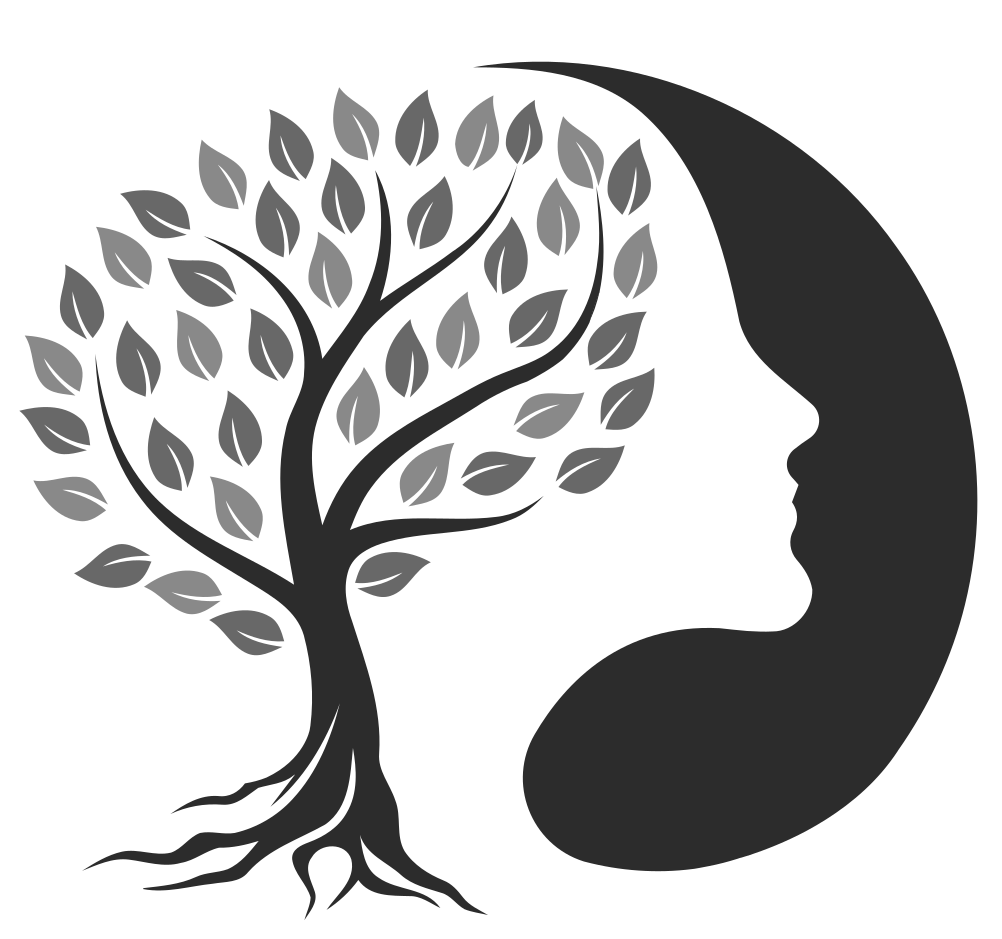Disclaimer:
"Our opinions are worth precisely what you paid us for them."
Rogers postulated a theory about the universe having a Formative Tendency—a natural inclination toward organization and structure through differentiation and integration. Building on this, he also posited that all organisms possess an actualizing tendency, a theory Rogers developed after observing potatoes in a dark basement growing futile sprouts in an attempt to reach a non-existent light. This overarching drive to enhance and maintain the organism represents a movement toward wholeness and integration, and away from coercion and self-control. From this, Rogers eventually derived the concept of self-actualization—the belief that humans inherently tend toward actualizing the self (whatever that might be).
This theory naturally sparks several questions. For instance:
- Is self-actualization culturally or environmentally specific?
- Is it always positive? (Spoiler: Not necessarily.)
For me, the questions that intrigue me most at the moment include:
Do Organizations Have an Actualizing Tendency?
Rogers primarily refers to living organisms when discussing the actualizing tendency. But could this concept also apply to organizations? The immediate impulse is to say, “Yes, of course; organizations are made up of people.” This perspective aligns with the idea that organizations seek to enhance and maintain themselves, driven perhaps by a Darwinian impulse to prevail in the competitive "business jungle." However, this explanation doesn’t fully account for all organizational behaviors.
Consider non-business organizations, such as charities, NGOs, and public services. These entities don’t face the same competitive pressures as businesses but can still act aggressively when the "organism" is under threat. For example:
- Health authorities covering up neglect instead of addressing it openly.
- Police forces obstructing investigations to protect individuals within their ranks.
In such cases, organizations appear to prioritize their own survival to the extent that they forget their original purpose, their accountability, and even their raison d'être. This could be explained as a collection of individual self-interests merging into the macro stance of the organization. However, I wonder if something deeper is at play.
Could there be a kind of phantom consciousness at work? When groups of human beings collaborate on a shared venture, does an ethereal "hive mind" emerge—a living organism of its own—that strives to maintain and enhance itself? Does this hypothetical hive mind possess its own form of actualizing tendency, driving the organization toward survival and self-enhancement at all costs?
Is the Actualizing Tendency Divinity at Work?
Rogers’ progression from the formative tendency to the actualizing tendency, and finally to self-actualization, touches on a question that has fascinated me since childhood:
Why do living things—plants, animals, humans—strive to enhance themselves? Why not simply settle for what they are?
The idea of this being purely an evolutionary urge has always felt unsatisfying. Take the example of Rogers’ potatoes in the dark cellar. They send out futile sprouts, groping toward a light they’ll never find, seeking soil they’ll never grow in, and yearning for rain and sun they’ll never feel. Rogers calls this a “biological urge,” a continuation of the evolutionary drive. But why do they do it? Why not choose inaction? Why not settle for what they already have?
Entropy vs. Actualizing Tendency
This concept feels at odds with the nature of the universe itself, which leans toward entropy—a descent into chaos, disorder, and breakdown. Yet the actualizing tendency inherent in living organisms seems to swim against that current, striving for growth, organization, and fulfillment.
This raises a fundamental question for me:
Who or what told them to strive?
Is this urge simply a biological mechanism, as Rogers asserts? Or is there something more—a spark of divinity or an intrinsic universal force driving this movement toward wholeness, even in the face of entropy?
